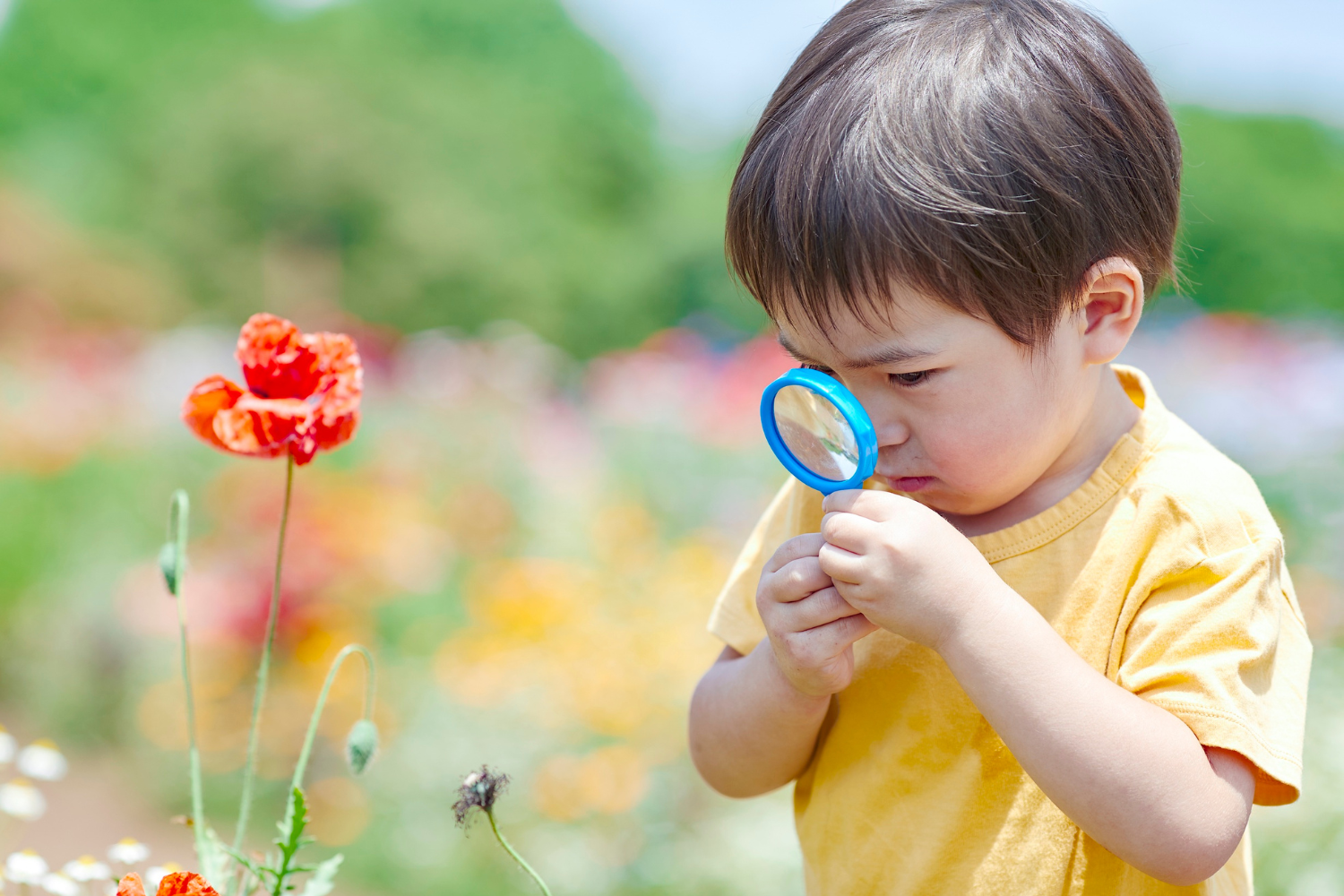Online dictionaries, which I use frequently, and real-book dictionaries offer very different experiences. The question is, does using one versus the other make our children smarter?
In order to answer this question, let me tell you the story of what led me to ask it. In that story lies the answer.
You see, in my home, I always had a huge copy of The American Heritage Dictionary, so big that it was not always easy to move around the house.
It was the dictionary my kids grew up using when they needed to look up a word.
Because I live overseas right now, said dictionary was sadly abandoned to a storage unit, which is why I've grown used to the ease of an online dictionary.
I can take my online dictionary anywhere I go and it weighs under a pound, being housed in my smartphone.
Tired of looking up Turkish words online (I'm slowly learning Turkish), because it forced me to turn on my phone while I was trying to study, so I had an idea: why not buy a pocket hand-held English/Turkish dictionary?
And then the other day something strange happened.
On this particular day, I was looking up how to say "stove top," because my stove top quit working, and I needed to call a repairman.
“If Language is not correct, then what is said is not what is meant. If what is said is not what is meant, then what ought to be done, remains undone.”
But, as I was looking up "stove top," I started to read about the words I met on my way to finding "stove top," and what I realized was that I missed reading dictionaries!
My mind started to go back to my youth and how my siblings and I used to have a lot of fun playing dictionary games.
One of us would pick a word and ask the others what it meant. Whoever knew the meaning and gave the best guess scored a point.
The game was fun, which is why we made it up, but we were also encountering new words and improving our vocabularies.
As children, however, we didn't think about the learning aspect, but that's exactly the point. We were having fun playing with words and, at the same time, developing an appreciation for and a knowledge of them.
“Uttering a word is like striking a note on the keyboard of the imagination.”
We often read the dictionary for fun, too, because when a child develops a love of words, reading a dictionary is fun.
As I was reading these additional words in my new Turkish dictionary, I started to think about the experience of looking a word up online, and it dawned on me that I never encounter additional words online.
I look up one word, and that's all I ever see. It's a very limited experience, and while I may learn the definition of one word, my learning ends there.
Nor is an online dictionary much fun. I suppose it might be for a ten-year-old child, but mind-stunting fun is not what our kids need, especially at such young ages.
What I realized is that children who grow up using online dictionaries will never experience the joy of a hand-held dictionary, and they'll never invent dictionary games with their siblings.
But more importantly, never—during a search for one word's meaning—will they ever learn about the other words they encounter along the way.
Because they won't encounter any.
Which translates into the likelihood of their having smaller vocabularies and, therefore, less ability to think at wider and deeper levels because we need words to think with!
Let me state the obvious: thinking that's limited because of a reduced vocabulary equals a limited mind.
“The limits of my language means the limits of my world.”
Would it be fair to say that kids who grow up using hand-held dictionaries are smarter? We'll have to wait for a future researcher to tell us the answer, but until then, I'm going to err on the side of they just may be!
Get a copy of my “could not live without” book, Education’s Not the Point: How Schools Fail to Train Children’s Minds and Nurture Their Characters with groundbreaking Essays on educating your kids by John Taylor Gatto, Dorothy Sayers, and yours truly.
About Elizabeth Y. Hanson
Developing a comprehensive understanding of how to raise and educate a “whole” child, based on tradition and modern research, Liz devotes her time to helping parents to get it right.
Liz is a homeschooling thought-leader, as well as the creator of three unique online courses, Raise Your Child Well: Preserving Your Child's Natural Genius by Laying a Solid Foundation During the First Seven Years; the Smart Homeschooler Academy, educating children who are brilliant, happy, and well-socialized; and How to Teach Your Child to Read and Raise a Child Who Loves to Read.
As an Educator, Homeschool Emerita, Writer, and Love and Leadership Certified Parenting Coach, Liz has 23 years of experience guiding parents through the amazing journey of raising and educating their children.
Liz is available for one-on-one parenting and homeschooling consultations.
"I know Elizabeth Y. Hanson as a remarkably intelligent, highly sensitive woman with a moral nature and deep insight into differences between schooling and education. Elizabeth's mastery of current educational difficulties is a testimony to her comprehensive understanding of the competing worlds of schooling and education. She has a good heart and a good head. What more can I say?”
—John Taylor Gatto Distinguished educator, public speaker, and best-selling author of Dumbing Us Down: The Hidden Curriculum of Compulsory Schooling. For a copy of The Short Angry History of Compulsory Schooling, click here.


















